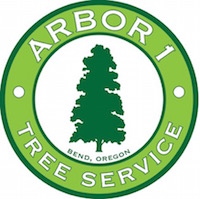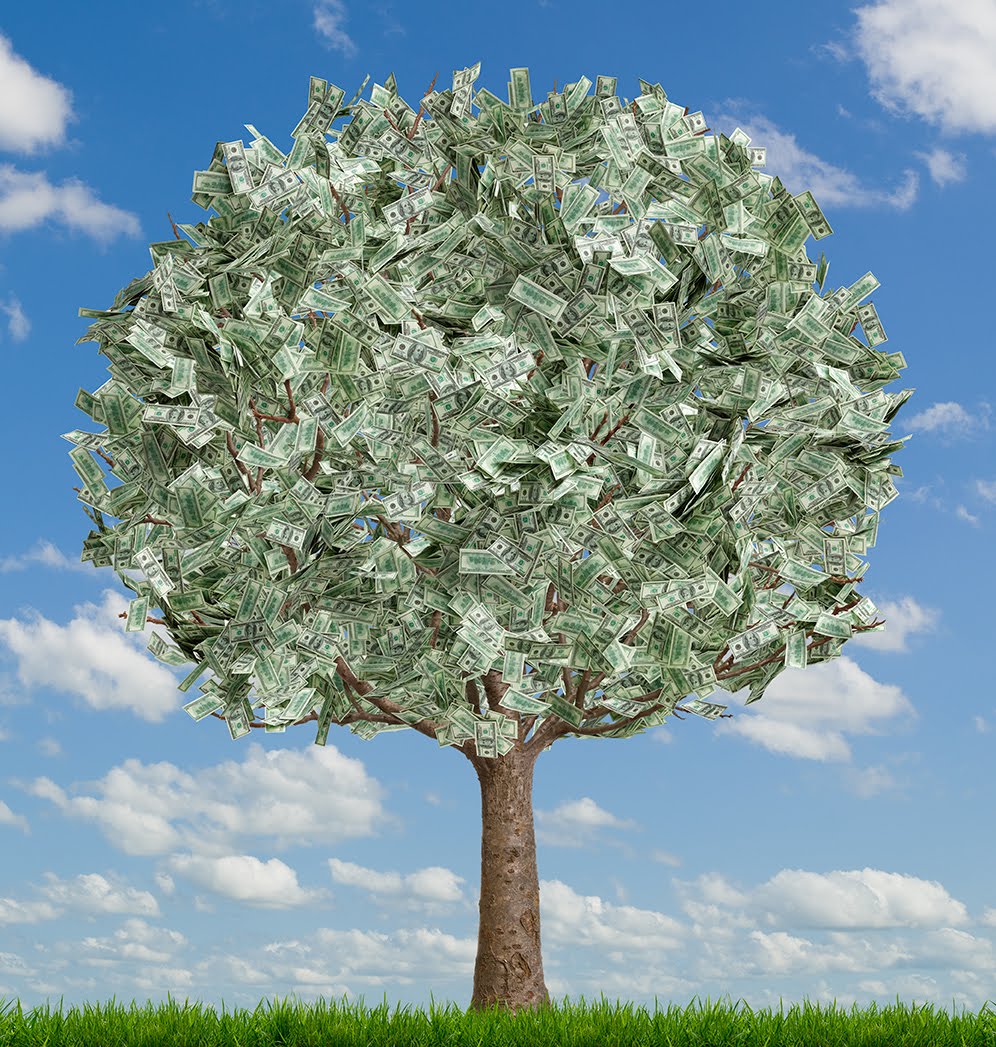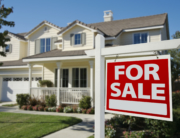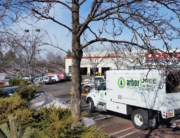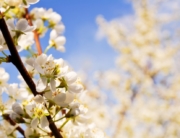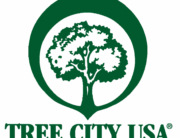Does Money Grow On Trees?
There are many studies that show, in addition to environmental and social goodness, trees are a wise economic investment. There are many economic benefits of trees including:
Residential Property Value
- Trees can significantly increase property values. A U.S. Tax Court case once determined that a $164,500 valued property lost 9% of its value ($15,000) after the loss of a large black oak on the property.
- A 2010 study in Portland found that homes with “street trees” (trees planted between the sidewalk and street) sold for $7,130 more than the equivalent homes that did not have “street trees”.
Energy Savings
- When properly planted, a single tree can save a homeowner up to 20% on overall energy costs.
- Trees properly placed as windbreaks around a building can save up to 25% on winter heating costs.
- Deciduous trees planted on the south and west sides of a building can provide shade and lower cooling costs by up to 30%.
Commercial Value
- Shoppers in well-landscaped business districts that have trees are willing to pay more for parking and up to 12% more for goods and services.
- Quality of products sold were rated 30% higher in districts having trees over those with barren sidewalks.
- Trees reduce runoff and erosion from storms by about 7% and reduce the need for erosion control structures, saving municipalities money on materials, installation and maintenance of infrastructure.
- Trees reduce crime. A study in Baltimore revealed that in certain neighborhoods, a 10% increase in trees roughly equaled a 12% decrease in crime.
- Trees reduce noise pollution by absorbing sounds, making public spaces more enjoyable and encouraging commercial activity.
This spring as you start thinking about landscaping and yard work, take a look around your property. Would a well-place tree benefit you in more ways that one? We bet it would!
